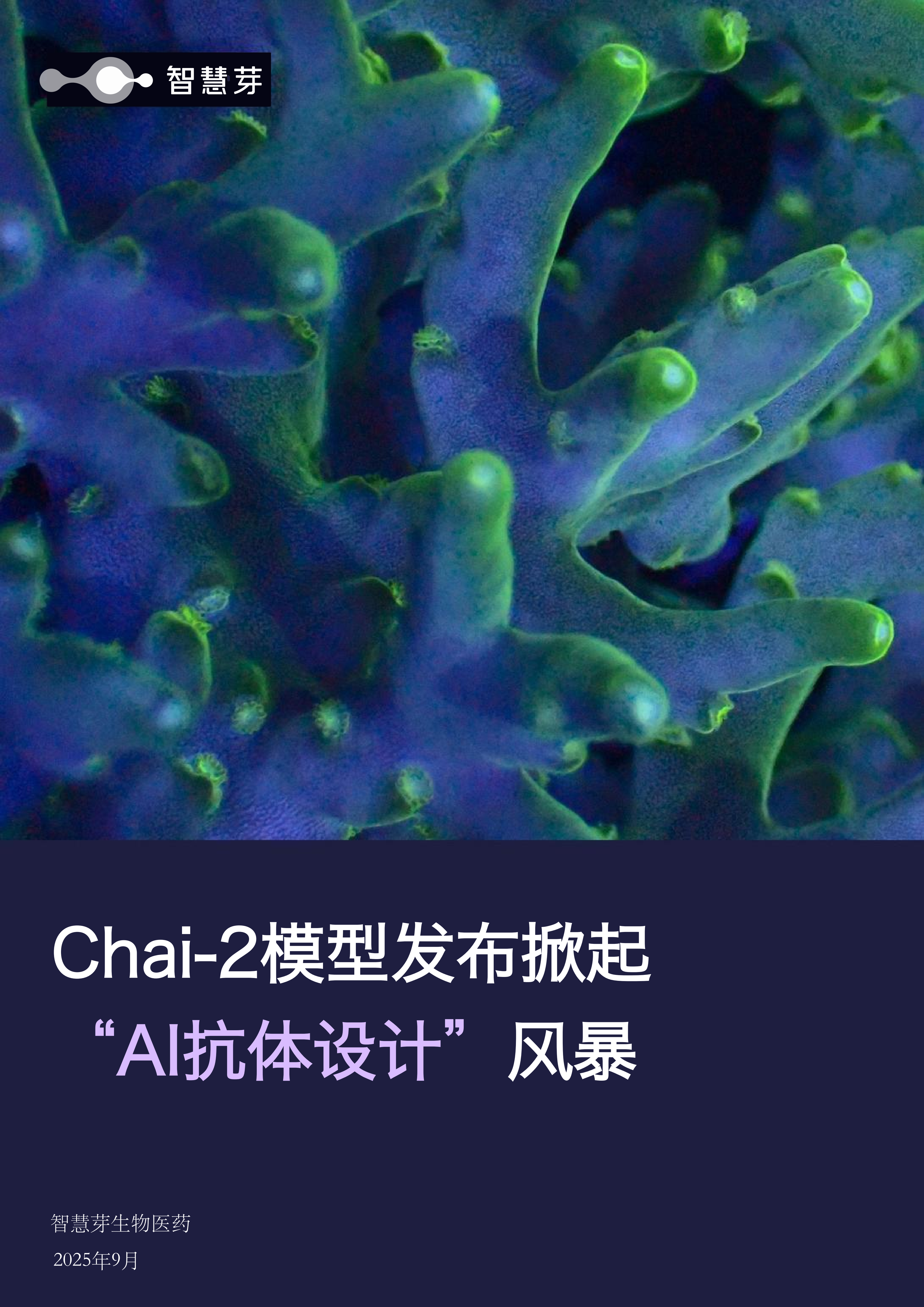预约演示
WHO Warns of Growing Resistance in Individuals to GSK, ViiV’s HIV Drug Tivicay
2024-03-06
临床研究临床结果
Pictured: WHO headquarters in Geneva, Switzerland/iStock, olrat
The World Health Organization on Tuesday flagged growing HIV drug resistance against GSK and ViiV Healthcare’s antiretroviral medication Tivicay (dolutegravir), noting that observational and survey data suggest that resistance may now be higher than levels observed in clinical trials.
Results from four surveys placed resistance rates from 3.9% to 8.6%, according to the World Health Organization (WHO). In some cases, resistance reached as high as 19.6%, particularly in treatment-experienced patients who transitioned to Tivicay antiretroviral therapy (ART) while still having high viral loads. The global health authority has yet to receive survey data from all participating countries.
A report from Haiti also pointed to worrying trends of potential resistance in ART-naïve infants. One infant, whose mother had been treated with Tivicay, also showed resistance to the drug.
Meg Doherty, director of the WHO’s Department of the Global HIV, Hepatitis and STI Programs, in a statement said that the mounting global HIV resistance to Tivicay “underscores the necessity for increased vigilance and intensified efforts to optimize the quality of HIV care delivery.”
Effective viral suppression in pregnant and breastfeeding women, along with strict surveillance of resistance in newborns, is similarly crucial to stem transmission and better direct ART treatment regimens in the future, according to the WHO announcement.
These HIV resistance data come from the WHO’s latest HIV Drug Resistance Report, which aims to spot where treatment resistance is emerging globally and provide guidance to help countries monitor and respond to related challenges.
“The resistance analysis focuses on subgroups whose virus was not suppressed and the data does not indicate that resistance was prevalent in the overall population", a GSK spokesperson told Reuters on Tuesday, adding that company agrees with the WHO “that there is a need for further surveillance.”
In a report published last week, the WHO said that most countries fell short of global standards in terms of various HIV quality of care indicators, such as ART retention, viral load testing coverage, timely switch to second-line ART and timely second viral load testing. To more effectively slow or prevent drug resistance to Tivicay, countries should conduct routine monitoring of these indicators and improve their data reporting systems, according to the global health authority.
The WHO also recommends the implementation and scale-up of pre-exposure prophylaxis (PrEP) treatments, accompanied by strict surveillance of resistance among people who test positive for HIV despite being on PrEP.
Tivicay’s active ingredient is dolutegravir, an integrase inhibitor that works by targeting the HIV’s integrase protein and blocks its active site. This mechanism of action allows Tivicay to prevent the virus from integrating its DNA into the host cell, disrupting its replication cycle.
Given its efficacy, favorable side effect pro ease of administration, the WHO in 2018 recommended dolutegravir as the preferred first- and second-line treatment for HIV-1 across all population groups. The broad use of dolutegravir, combined with the increasing uptake of PrEP, “promises to revolutionize HIV care and prevention,” the WHO wrote in its report brief.
Tristan Manalac is an independent science writer based in Metro Manila, Philippines. Reach out to him on LinkedIn or email him at tristan@tristanmanalac.com or tristan.manalac@biospace.com.
更多内容,请访问原始网站
文中所述内容并不反映新药情报库及其所属公司任何意见及观点,如有版权侵扰或错误之处,请及时联系我们,我们会在24小时内配合处理。
适应症
-靶点
-药物
Eureka LS:
全新生物医药AI Agent 覆盖科研全链路,让突破性发现快人一步
立即开始免费试用!
智慧芽新药情报库是智慧芽专为生命科学人士构建的基于AI的创新药情报平台,助您全方位提升您的研发与决策效率。
立即开始数据试用!
智慧芽新药库数据也通过智慧芽数据服务平台,以API或者数据包形式对外开放,助您更加充分利用智慧芽新药情报信息。



